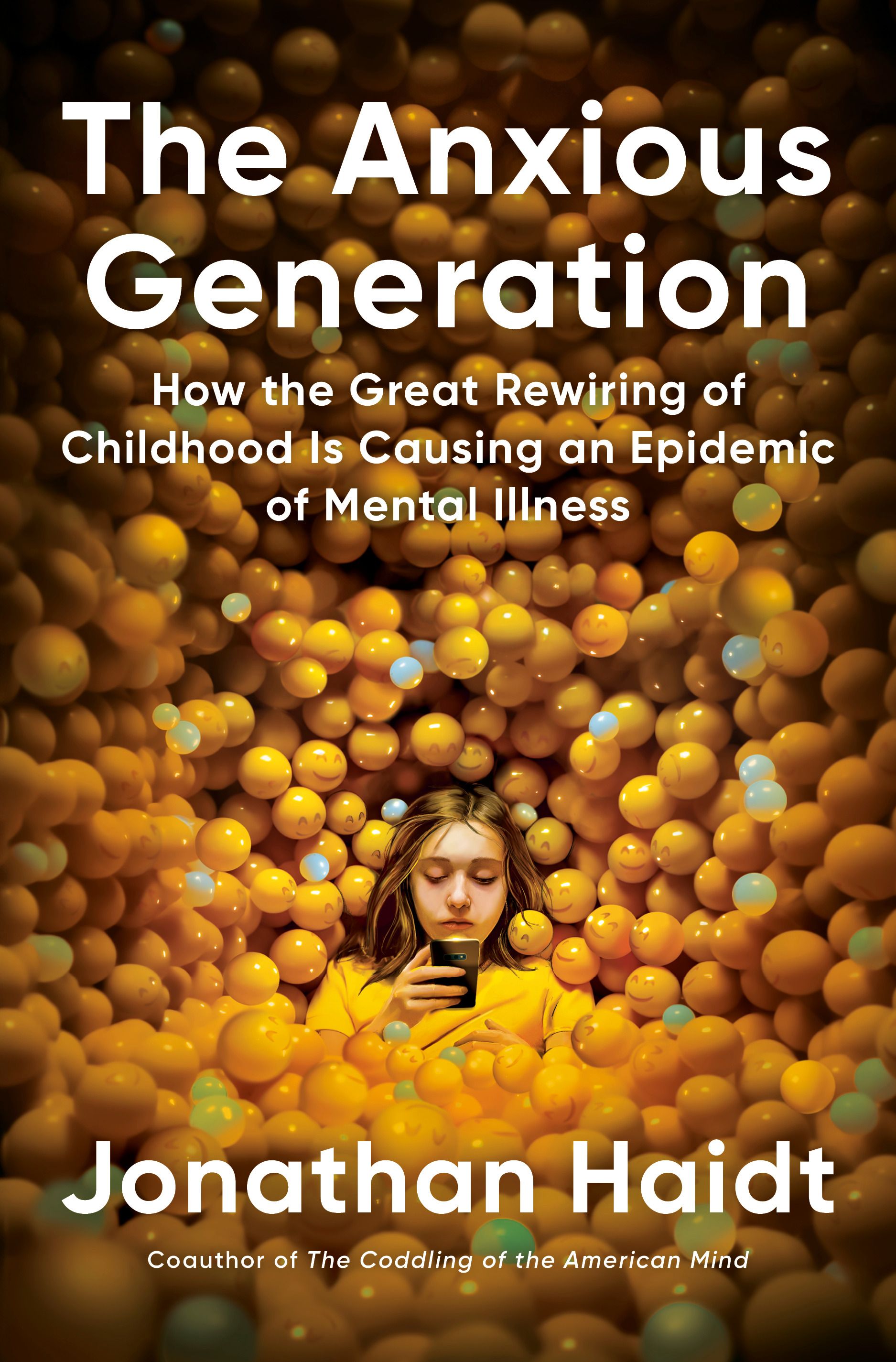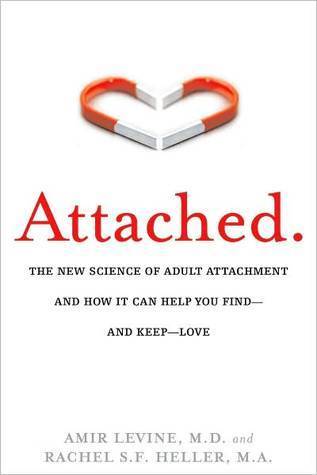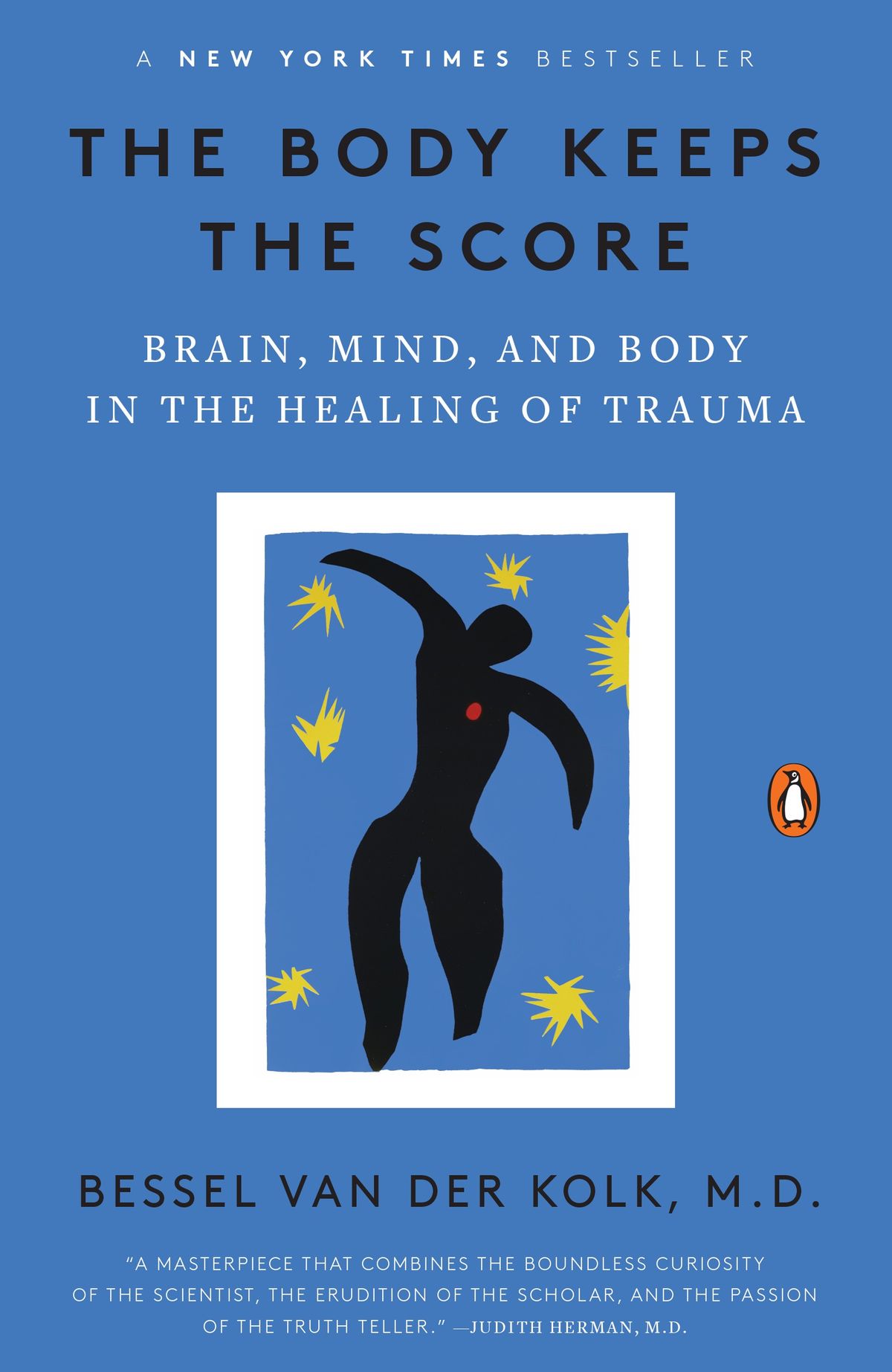Snippets about: Mental Health
Scroll left and right !
An Epidemic of Mental Illness Among the Young
In the early 2010s, rates of anxiety, depression, self-harm and suicide began rising sharply among adolescents, especially girls, across the U.S., UK, Canada and other Western nations. Key trends:
- Depression rates roughly tripled among teen girls and doubled among teen boys in the U.S. between 2010-2020
- Rates of self-harm nearly tripled for younger adolescent girls
- Suicide rates rose dramatically, especially for younger teen girls
- Similar patterns emerged in the UK, Canada, Australia, and across Western Europe at the same time No other theory, such as the 2008 financial crisis or concerns about school shootings and climate change, can explain this sudden, synchronized international increase in teen mental illness. The main factor that changed in the early 2010s was adolescents rapidly transitioning from basic cell phones to smartphones with social media.
Section: 1, Chapter: 1
Book: The Anxious Generation
Author: Jonathan Haidt
Therapy Can Help, But Crucially, It Can Also Harm
While therapy has the potential to provide relief for mental health issues, it's critical to recognize it also carries risks of harm (iatrogenesis). Potential negative effects include:
- Convincing a patient they are sick and organizing their identity around a diagnosis
- Encouraging family estrangement and loss of key support systems
- Reducing resilience and self-efficacy
- Retraumatizing a patient
- Fostering excessive dependence on the therapist
Especially for children, the power imbalance between therapist and patient makes them vulnerable to harm. Parents should carefully weigh risks and only pursue therapy for kids if clearly needed.
Section: 1, Chapter: 1
Book: Bad Therapy
Author: Abigail Shrier
Dreaming "Normalizes" Difficult Emotional Experiences
"That is, REM-sleep dreaming takes the painful sting out of difficult, even traumatic, emotional episodes you have experienced during the day, offering emotional resolution when you awake the next morning."
Section: 3, Chapter: 9
Book: Why We Sleep
Author: Matthew Walker
The Emotional Health Gym
Just like physical fitness, emotional well-being requires daily practice to maintain. Recommendations:
- Commit to weekly therapy to process issues and learn emotional skills
- Journal to gain clarity and vent difficult feelings privately
- Practice meditation to cultivate mindfulness and self-awareness
- Use the tools of CBT and DBT to restructure thought patterns
- Exercise and spend time in nature to balance your nervous system
- Prioritize sleep and healthy relationships to manage stress Snippet
Section: 3, Chapter: 17
Book: Outlive
Author: Peter Attia
The Loneliest And Most Anxious Generation
The rising generation, despite receiving unprecedented mental health accommodations and resources, has become the loneliest, most anxious, depressed, pessimistic, and helpless cohort on record. 42% have a diagnosed mental illness. Therapists insist this is because young people face more stressors than ever, like smartphones, the pandemic, and climate change. But the author argues youth mental health has been declining for decades before these factors. She believes the real problem may be the mental health system itself - convincing kids they are disordered, inculcating feelings of helplessness, and inhibiting normal development.
Section: 1, Chapter: 0
Book: Bad Therapy
Author: Abigail Shrier
The Emotional Earthquake Of Losing Overeating
For many, compulsive overeating serves a crucial emotional purpose. It soothes anxiety, numbs trauma, fills voids of loneliness and boredom. It's a way to "feed" unmet needs. So when a drug like Ozempic suddenly removes the overeating outlet, it can trigger a kind of psychological earthquake. Difficult emotions come flooding back. Stressful situations feel overwhelming without food to soften the edges.
For some, it may even trigger a switch to other compulsions like alcoholism. Before starting weight loss drugs, it's crucial to understand "what job overeating was doing for you" and to line up alternative coping tools. Ozempic may block destructive eating behaviors, but it doesn't automatically resolve their emotional drivers.
Section: 1, Chapter: 8
Book: Magic PIll
Author: Johann Hari
Lifelong Impact of Trauma on War Victims
Many Vietnam war veterans continued to be haunted by their traumatic combat experiences years or decades later, unable to move on with their lives. Their trauma infiltrated every aspect of their lives, making it difficult to maintain relationships, find satisfaction in work, and control intense emotions like rage. Trauma leaves an imprint on mind, brain, and body that persists long after the original event. Healing requires finding ways to come fully alive in the present rather than remaining stuck in the past.
Section: 1, Chapter: 1
Book: The Body Keeps the Score
Author: Bessel van der Kolk
REM Sleep "Smooths Out" Difficult Emotional Experiences
One key function of REM sleep and dreaming is to help process difficult emotional experiences from waking life. REM sleep:
- Reduces the emotional charge of "painful, even traumatic" experiences
- Disentangles the emotion from the factual details of the memory
- Allows the emotional memory to be stored without the same degree of emotional distress
The mechanism works by:
- Reactivating emotional memory circuits during REM sleep when stress neurochemicals like noradrenaline are suppressed
- Allowing the brain to re-process the experience in this neutral, "safe" environment
- Stripping the memory of its emotional charge so it can be filed away with less distress
Evidence shows people who are able to achieve REM sleep and dream about emotional experiences after a trauma have better long-term mental health outcomes. They are less likely to develop PTSD, depression and anxiety.
Section: 3, Chapter: 10
Book: Why We Sleep
Author: Matthew Walker
Stressed Out - How Acute and Chronic Stress Impact Memory
Chapter 15 details the complex effects of stress on memory formation and retrieval.
- Acute stress causes release of hormones epinephrine and cortisol, which signal the amygdala to activate the hippocampus to consolidate the stressful event as a memory. This prioritizes storage of important, survival-relevant information.
- An optimal amount of acute stress improves attention and memory formation. Too little stress and consolidation isn't boosted.
- Chronic stress leads to prolonged cortisol release, impairing the hippocampus and its ability to form new memories. It can even cause hippocampal neurons to wither and die.
- Techniques like meditation, exercise, yoga and reframing negative thoughts can reduce perceived stress and protect the brain from its memory-harming effects.
Section: 3, Chapter: 15
Book: Remember
Author: Lisa Genova
Emotional and Physical Health Suffer When Attachment Needs Are Not Met
Studies by Dr. Jim Coan and colleagues demonstrate the powerful impact of close relationships on regulating emotions and stress responses:
- Happily married women showed less stress response in their brain when holding their husband's hand during a mildly painful experience
- Unhappily married individuals showed higher blood pressure in their spouse's presence compared to being alone
When our innate attachment needs are not met, both our emotional and physical health are compromised. The lesson is to choose a partner carefully as they will literally shape our mind and body.
Section: 0, Chapter: 2
Book: Attached
Author: Amir Levine, Rachel Heller
Books about Mental Health
Psychology
Mental Health
The Anxious Generation Book Summary
Jonathan Haidt
In The Anxious Generation, Jonathan Haidt traces the sudden rise of teen anxiety, depression, and self-harm to the simultaneous decline of free play and rise of smartphones. Haidt shows how restoring the pillars of a play-based childhood may be the key to reversing the mental health crisis engulfing Gen Z.

Relationships
Personal Development
Psychology
Mental Health
Attached Book Summary
Amir Levine, Rachel Heller
"Attached" uses science and psychology to show you how to find and keep love by understanding the fundamental attachment needs that drive all romantic relationships.

Mental Health
Psychology
The Body Keeps the Score Book Summary
Bessel van der Kolk
The Body Keeps the Score revolutionizes our understanding of trauma's impact and offers a science-backed roadmap to healing the mind, brain and body.



